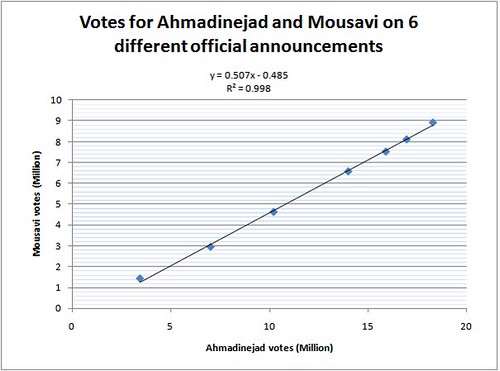The Fix
I confess that I do not understand politics, nor do I want to understand politics. I only know that candidates are lying liars that lie and that all of them are dirty in some way or they would never have pursued a career of lying. I subscribe to Plato’s ideal society where the leader is reluctantly chosen and serves out of duty as if it were a jail sentence, a penance to honor one’s society by becoming society’s slave. This will never happen. Human nature is not nearly as noble a thing as we wish it to be, and greed and power will continue to corrupt the human race for a long time.
Within two years of my arrival in Baja, Luis Donaldo Colosio was shot and killed in Tijuana. He would have been the next President of Mexico, as back then there really wasn’t a question of who would win the next election, rather than who the outgoing President would choose to win the next election. It was a much scarier time for Mexico back then than is anything happening now; I remember driving into Tijuana after work that evening and wondering why no one was out. Then I found out. Colosio was assassinated and people were truly frightened.
Ernesto Zedillo was then picked to replace Colosio, and the rest is history, so to speak. It turned out to be the best thing ever. Zedillo, among other great achievements, permitted the ruling party to lose the next election and change politics in Mexico, to make it fair, and to make it respectable. Obviously, there are always going to be problems with politicians anywhere in the world. They lie, and they steal. They are corrupt and easily corrupted. But at least Zedillo refused to handpick his successor, leaving the process of nomination to Mexico’s version of an Electoral College.
Often times, from tragedy comes triumph.
Iran held an election recently, where the incumbent was declared the winner. Some people in Iran began to demonstrate and to even riot, claiming that the election was rigged. This happens all over the world. It happened in Mexico during the last presidential election, and it happened to a smaller extent in the United States of America when George W. Bush narrowly defeated Al Gore. One can come to expect such public displays of outrage when their candidate loses. Mostly, it turns out to be sour grapes, but every once in a while evidence of fraud proves to be indisputable.

When I saw this graph I practically choked.
I don’t understand much about politics, but I do understand statistics and probability. In engineering, there is always a variable in any process, a normal randomness. Without such randomness, the process (in manufacturing, mostly, but really in all aspects of natural occurrence) is considered to be unreliable. Any engineer or economist or mathematician will look at the above graph and gasp. It isn’t to say the incumbent didn’t, or wouldn’t have won, but it is practical proof that the election results in Iran are false.
There is no probable way save for unbelievable luck, such as throwing two dice twenty times in a row and rolling snake-eyes with each roll, that this result-over-time graph could plot such a straight line. Unless, of course, the results were intentionally manipulated. Grab your dice and draw your own conclusions.
(Graph courtesy of Andrew Sullivan of The Atlantic)

